AeroGenie — Seu Copiloto Inteligente.
Tendências
Categories
Aviation Consultant Urges AI Crash Investigation to Include Stabilizer Fault
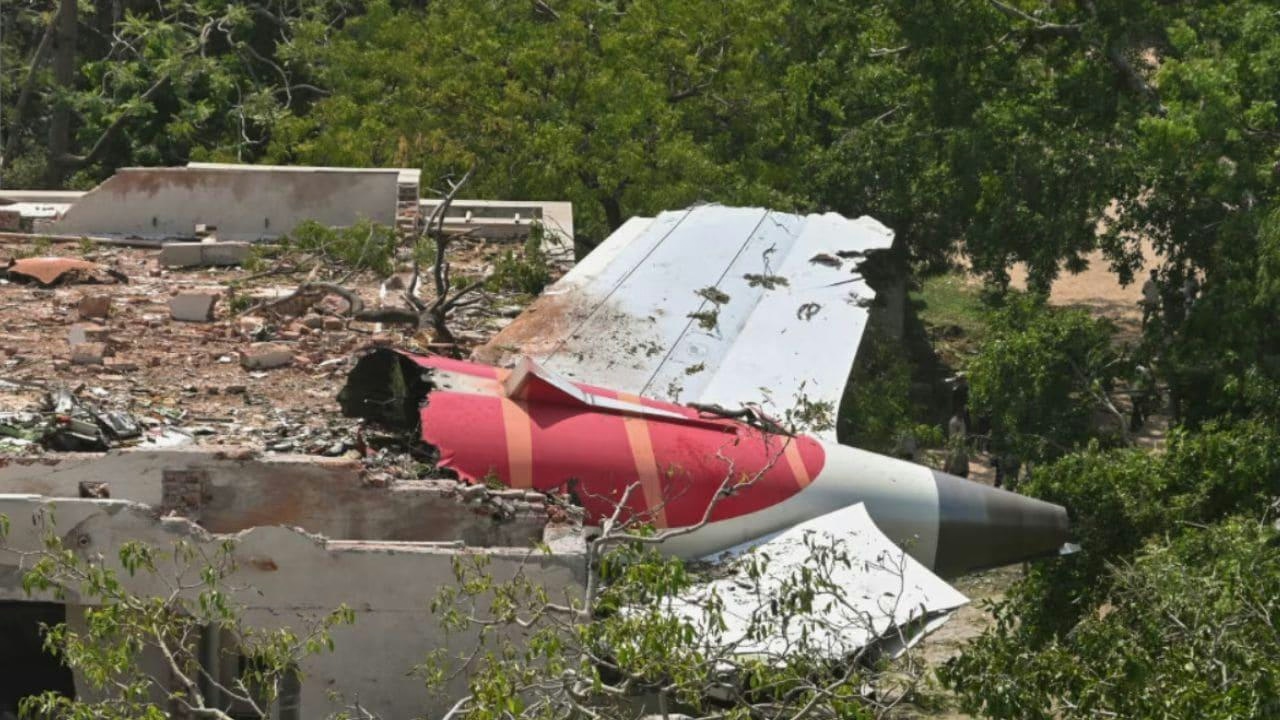
Aviation Consultant Urges Thorough Examination of Stabilizer Fault in AI171 Crash
Background and Preliminary Findings
A prominent aviation consultant has called for a detailed investigation into a potential stabilizer fault in the crash of Air India flight AI171, underscoring the importance of resolving technical issues that may have contributed to the tragedy. The Boeing 787-8 Dreamliner crashed shortly after takeoff from Ahmedabad on June 12, resulting in the deaths of 241 passengers and crew members, as well as 19 individuals on the ground. The aircraft had completed a flight from Delhi and was en route to London Gatwick when the accident occurred.
A preliminary report released on July 12 revealed that the flight crew had reported a stabilizer fault upon arrival in Ahmedabad. Engineers reportedly addressed the issue before the aircraft’s onward journey. However, questions remain regarding whether the fault was fully rectified and if it played a role in the subsequent crash.
Expert Analysis and Technical Concerns
Capt Ehsan Khalid, an aviation expert, emphasized the need for investigators to analyze the flight data recorder, particularly focusing on stabilizer input data, to ascertain whether the fault was properly managed. He highlighted the critical role of the stabilizer, located on the aircraft’s tail, which controls the pitch of the plane. A malfunction during takeoff could create hazardous conditions, potentially leading to pilot error under stressful circumstances.
According to Khalid, standard procedure in the event of a stabilizer fault during takeoff requires the pilot to disengage the stabilizer control switches, which are positioned beneath the thrust lever assembly. These orange switches are situated adjacent to the fuel control switches, a detail that has become a focal point of the ongoing investigation and public speculation. Khalid suggested that the first officer, who was piloting the aircraft at the time, may have inadvertently shut off fuel to both engines while attempting to address the stabilizer issue, despite the tactile distinction between the switches. He noted that pilots are trained to maintain forward focus during takeoff to ensure a safe climb, which can increase the risk of such errors under pressure.
Broader Implications for Aviation Safety and Industry
The investigation faces considerable challenges, including determining the root cause of the stabilizer fault and assessing its implications for aviation safety regulations. The incident has intensified scrutiny of Boeing’s manufacturing and quality control processes. Industry analysts anticipate that the crash could prompt revisions to maintenance protocols across airlines and influence insurance premium structures for aviation companies.
Financial and legal ramifications are also under close review, as insurers and airlines evaluate potential liabilities arising from the crash. The heightened awareness of technical failures in aircraft systems may affect market confidence and drive competitors to enhance product reliability and safety standards. Legal experts are monitoring developments closely, anticipating wider consequences for the aviation sector.
As the inquiry progresses, stakeholders throughout the industry are preparing for possible regulatory reforms and renewed demands for stringent oversight of aircraft systems and maintenance practices.
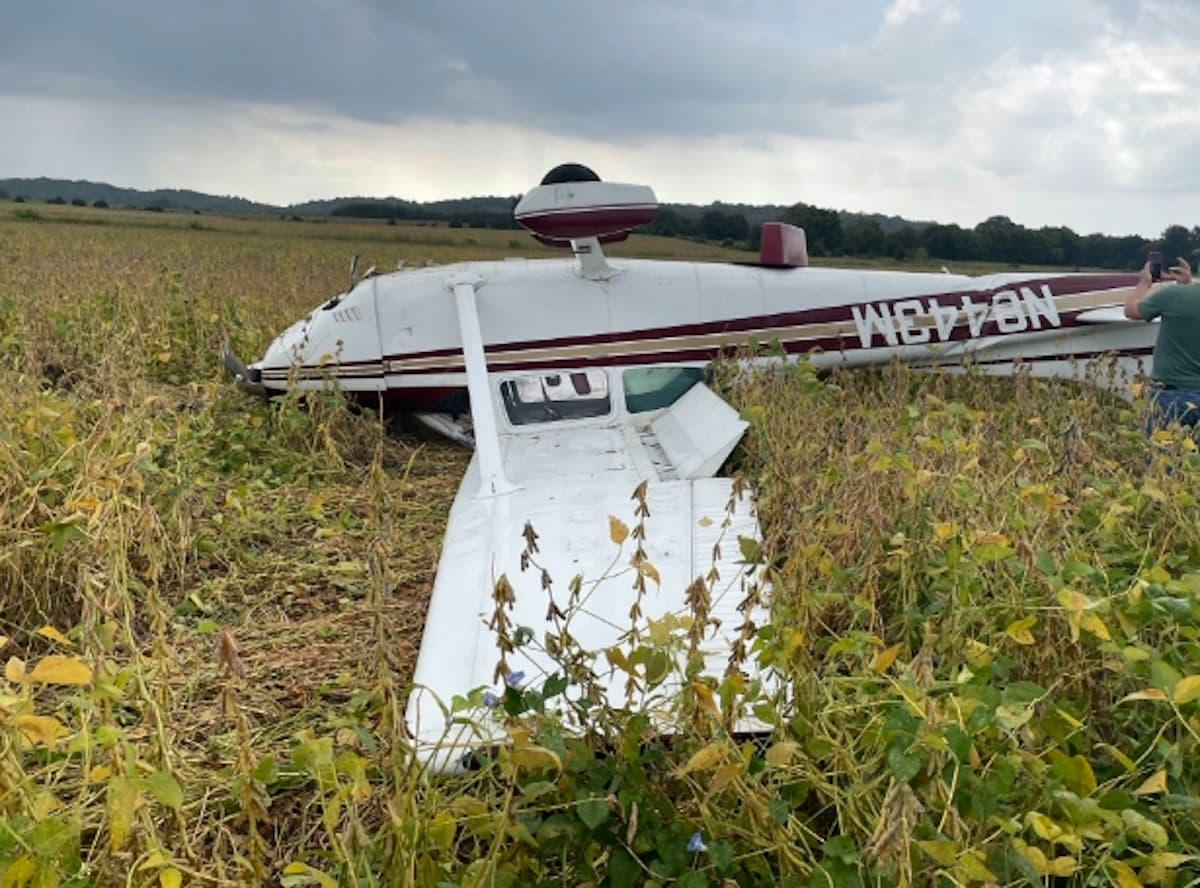
Crankshaft Fatigue Causes Emergency Landing
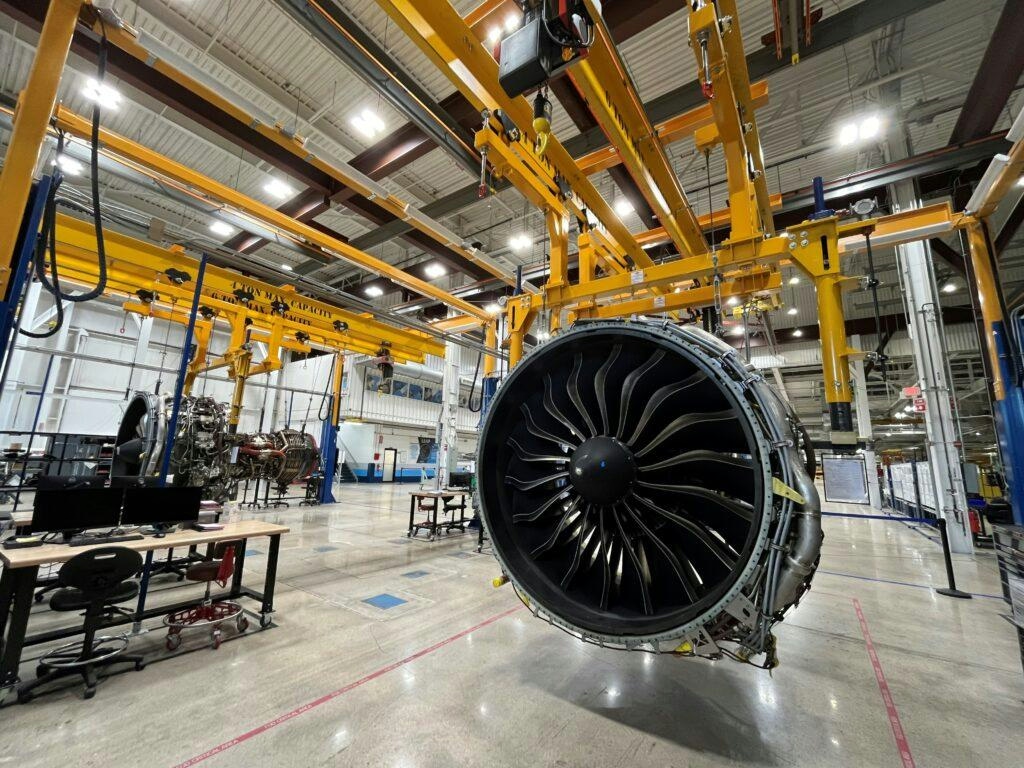
Standardaero and Avilease Sign Agreement for LEAP and CFM56-7B MRO Services
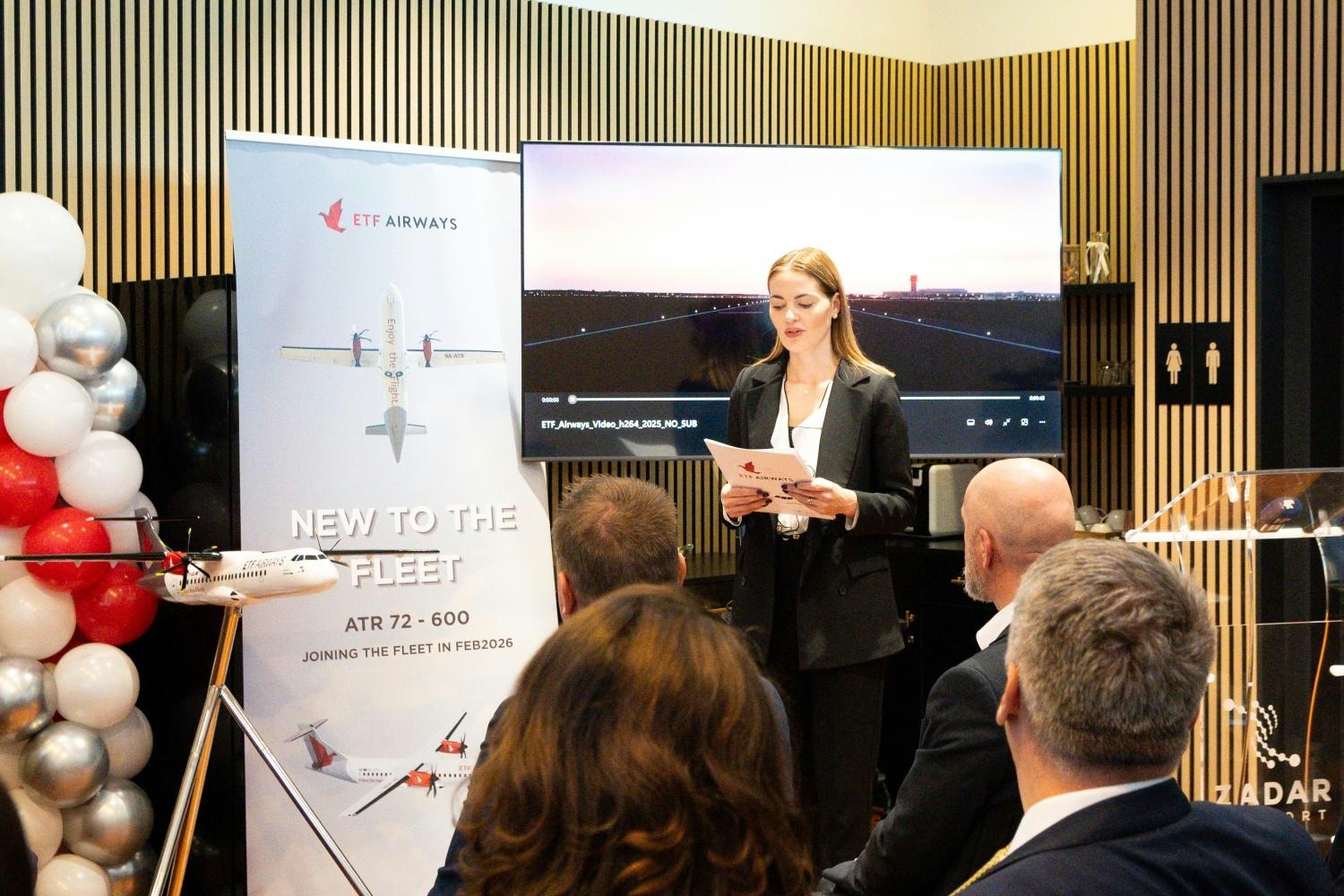
ETF Airways to Receive First ATR Aircraft
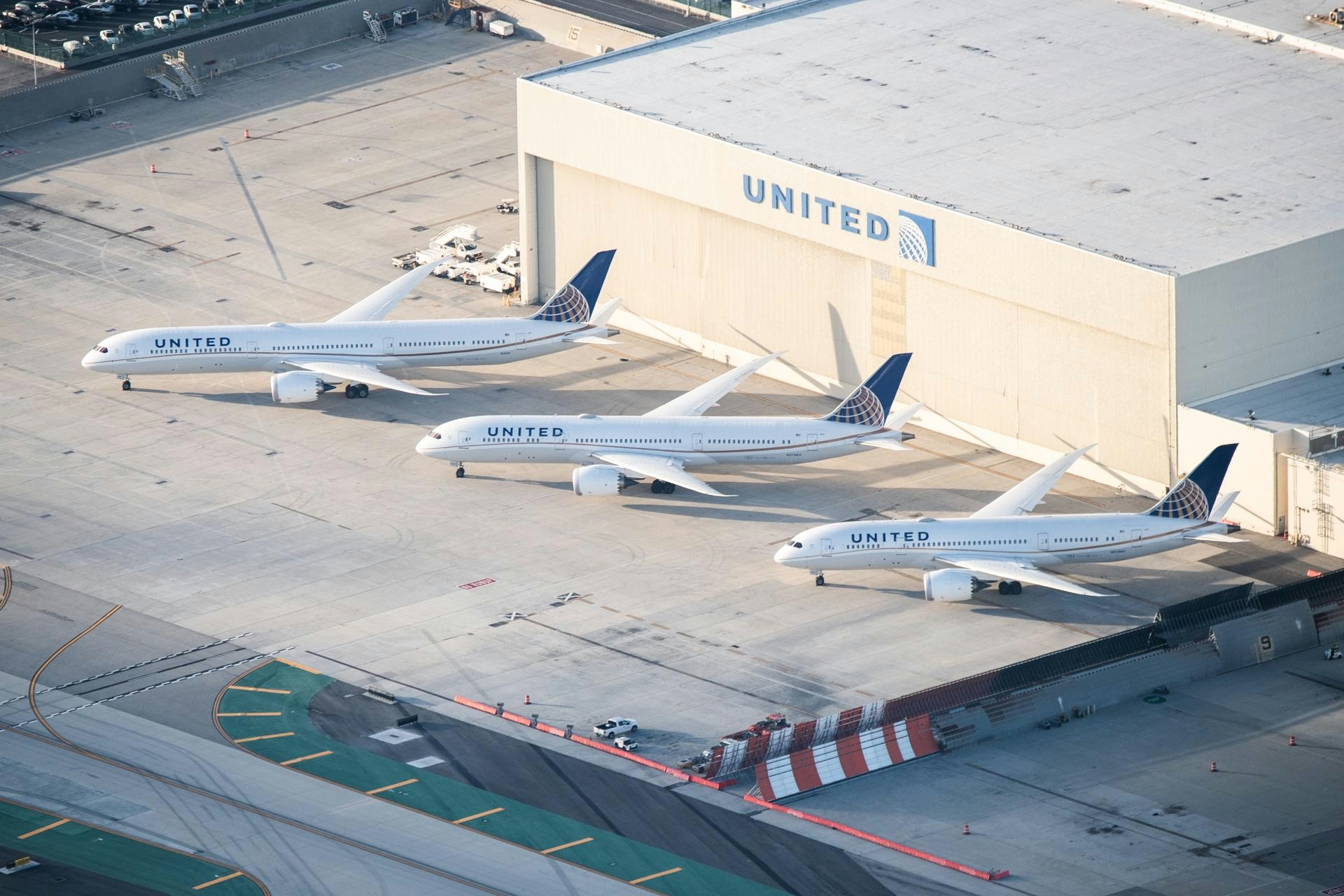
Range Comparison Between Boeing 787-9 and 787-10 Dreamliner
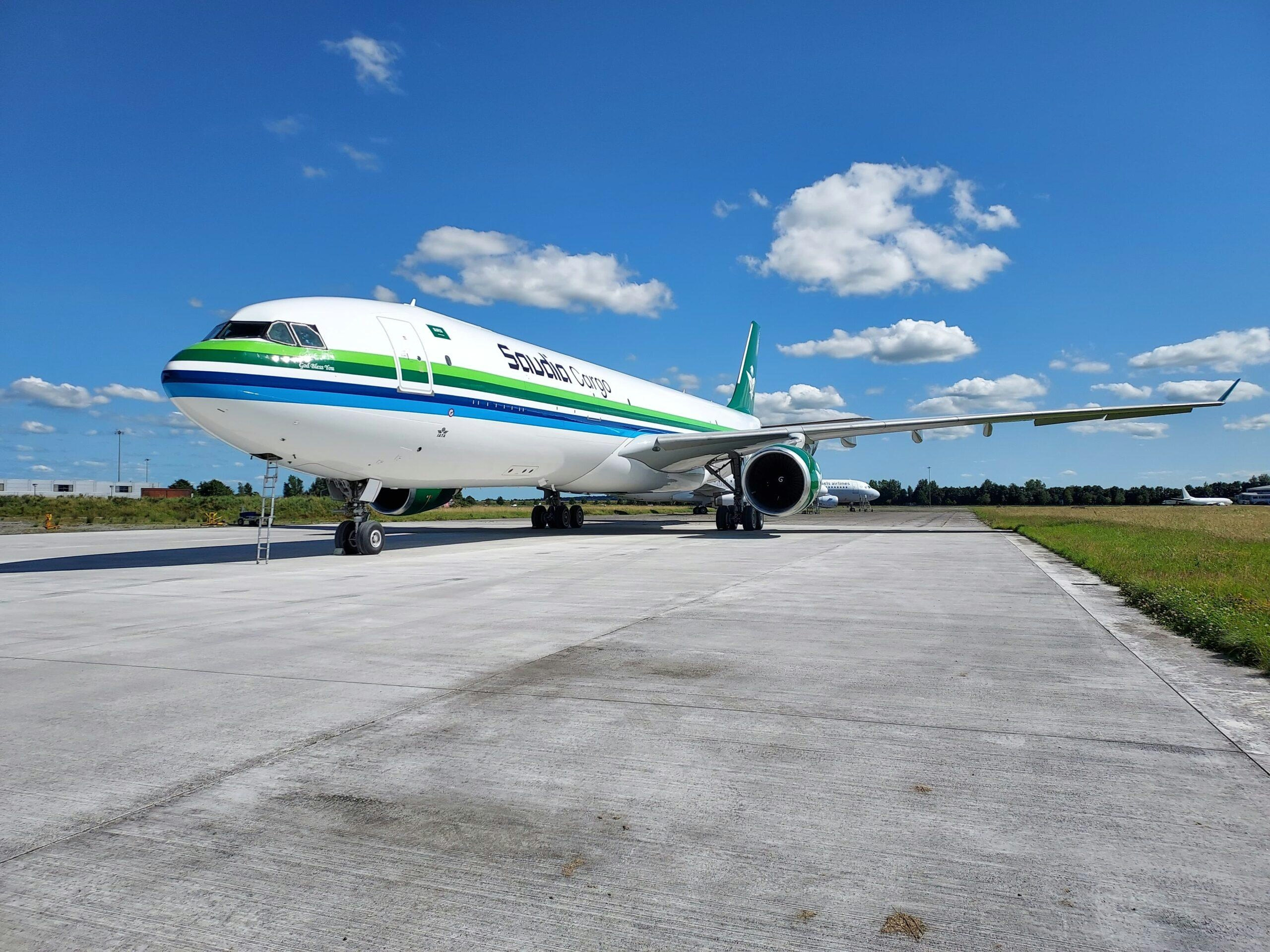
AJW Group Renews Partnership with ASL Aviation to Support A330ceo Fleet
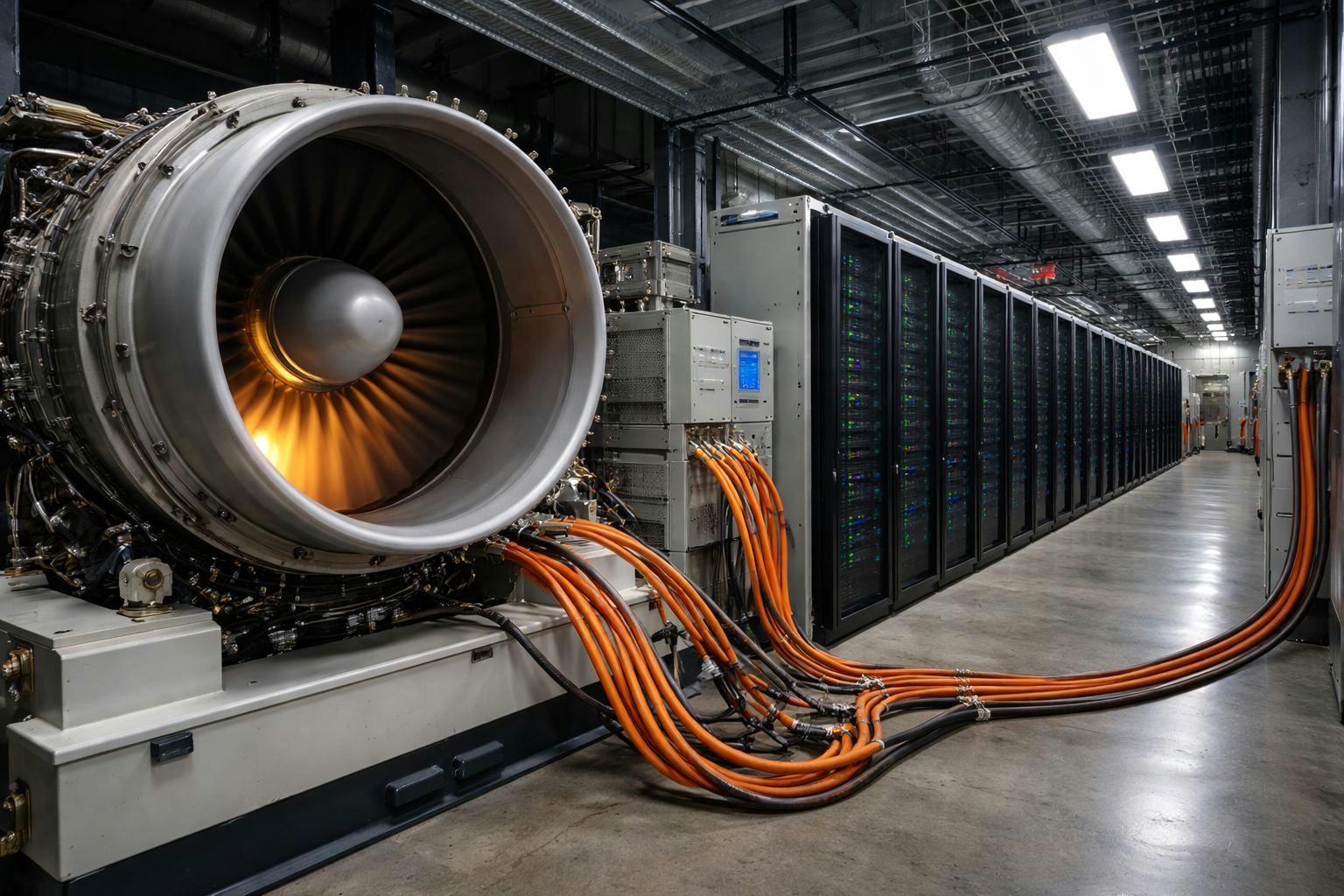
Could AI Cause a Jet Engine Shortage Similar to the Chip Crisis?

Joint Statement from UK Space Agency, MHRA, Regulatory Innovation Office, and Civil Aviation Authority
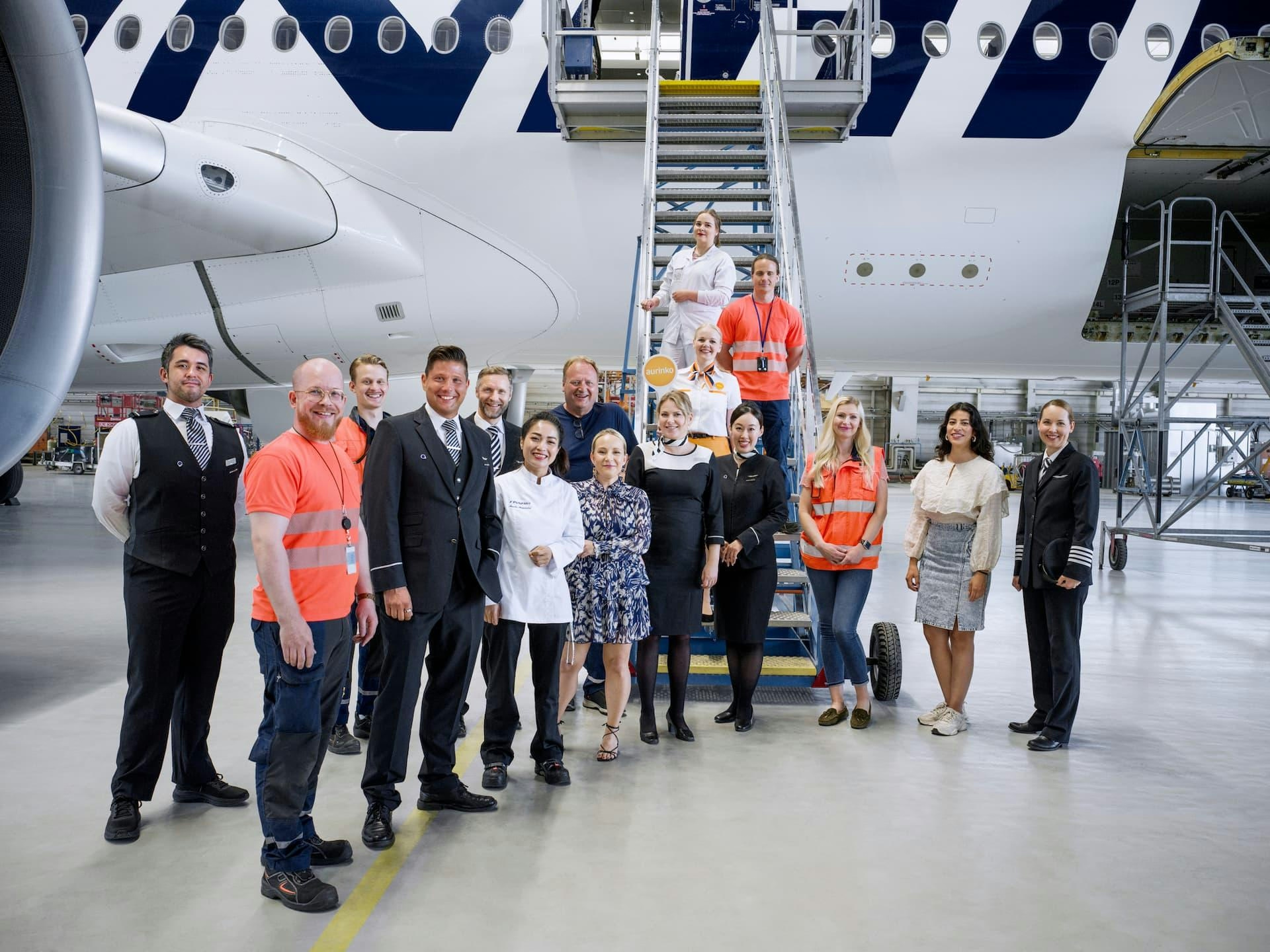
Finnair's Commitment to Sustainable Aviation and Value Chains

Women Leaders Shaping the Future of Passenger Experience
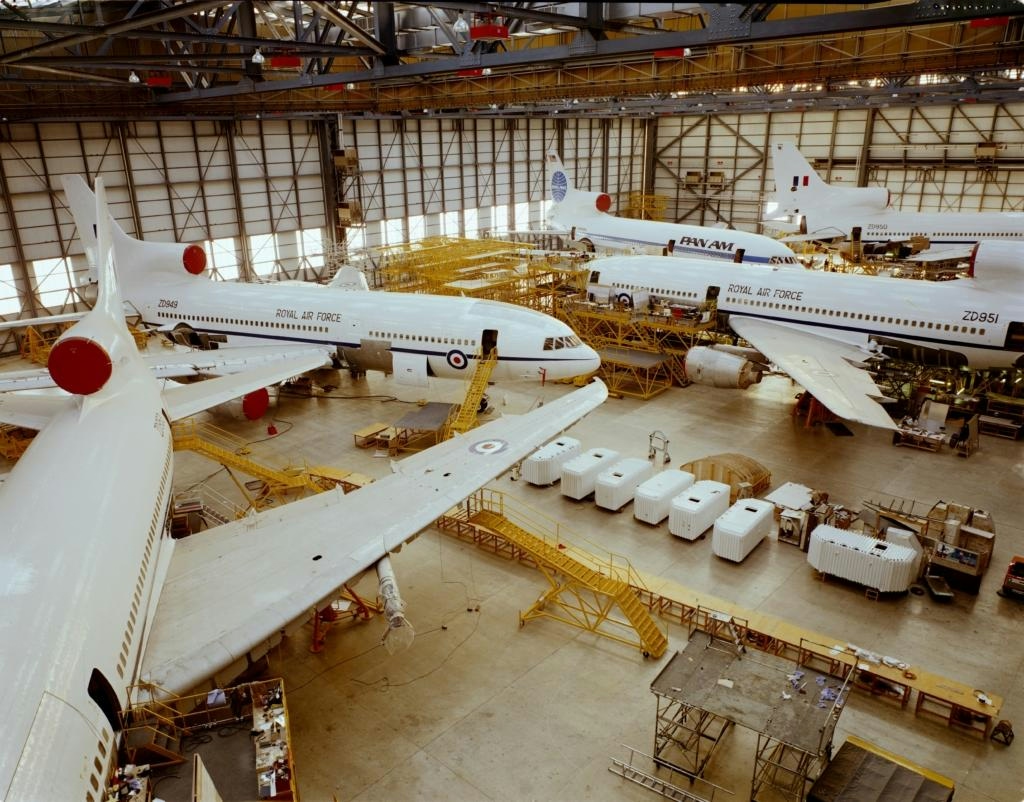
Marshall Aerospace’s 115-Year Evolution from Cars to C-130s
